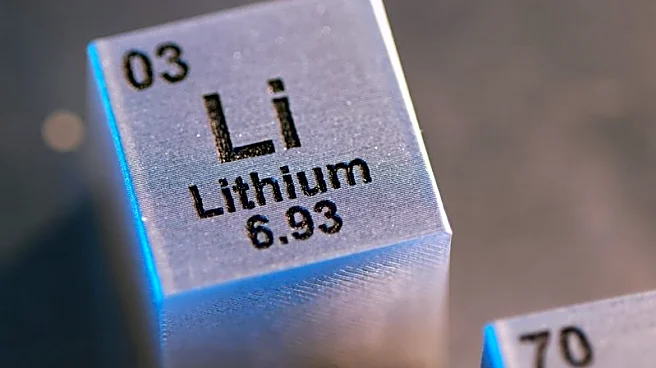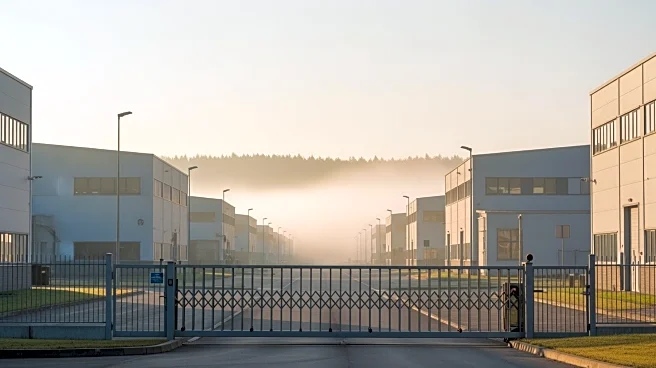Rapid Read • 7 min read
A 90-day pause on higher tariffs for China is set to expire on Tuesday, with uncertainty surrounding whether President Trump will extend it. The pause followed recent China-U.S. trade talks, where both sides anticipated an extension. Treasury Secretary Scott Bessent mentioned that Trump is contemplating another 90-day delay to finalize an agreement setting tariffs at 50% on most products, including additional duties related to illicit fentanyl trade. Vice President JD Vance indicated that Trump is considering further tariffs due to China's Russian oil purchases, though no firm decisions have been made. The potential increase in tariffs could impact global markets and the U.S.-China trade relationship.
AD
The expiration of the tariff pause could significantly affect U.S. industries reliant on Chinese imports, such as electronics and consumer goods. Higher tariffs may lead to increased costs for American businesses and consumers, potentially exacerbating inflation. Conversely, maintaining the pause could stabilize trade relations and provide a window for further negotiations. The decision holds geopolitical implications, influencing U.S.-China relations and impacting global supply chains. The outcome could also affect the U.S. economy, which is beginning to feel the effects of previous tariff hikes.
If the tariff pause is not extended, businesses may face increased costs, leading to potential layoffs and reduced investment. The decision could escalate trade tensions, prompting retaliatory measures from China. A meeting between President Trump and Chinese leader Xi Jinping later this year could serve as an incentive for reaching a trade agreement. Failure to extend the pause might result in higher tariffs, affecting both economies and global markets.
AD
More Stories You Might Enjoy














